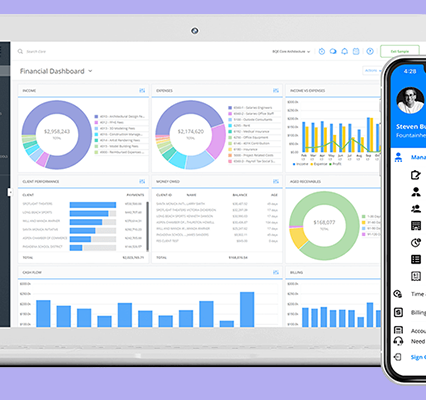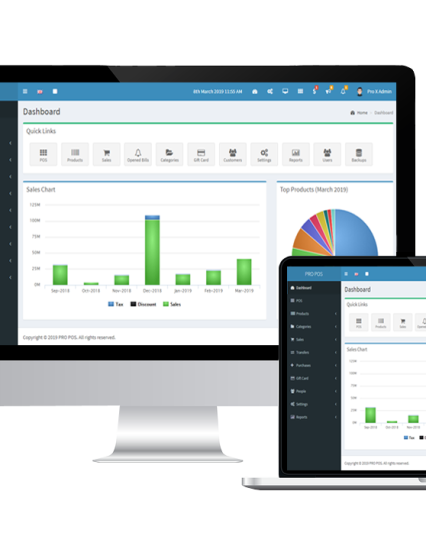Hospital Management System
KSh250,000.00
By implementing an HMS, hospitals can enhance the patient experience through efficient appointment scheduling, timely and accurate medical records management, and improved communication between patients and healthcare providers. This results in smoother workflows, reduced waiting times, and better coordination of care, ultimately leading to a positive patient experience.
Furthermore, an HMS helps hospitals minimize operating expenses by automating administrative tasks, optimizing resource allocation, and reducing manual errors. It simplifies processes related to billing, inventory management, and staff scheduling, enabling cost savings and improved efficiency in daily operations.
In addition to cost savings, an HMS also aids in improving the revenue cycle of a hospital. It facilitates accurate billing, insurance claim processing, and financial management, ensuring timely payment collection and reducing revenue leakage. By optimizing revenue management, hospitals can achieve better financial stability and sustainability.
In essence, a Hospital Management System acts as a frictionless solution that addresses the complexities involved in managing a hospital. It streamlines operations, improves patient experience, minimizes operating expenses, and enhances the revenue cycle, leading to efficient and effective hospital management.
Benefits of Hospital Management Systems:
1. Reduced Costs and Workload: Hospital management systems allow for effective resource distribution and efficient budgeting, leading to cost savings. The software’s scheduling capabilities help in managing workloads and improving doctor-patient communication. By saving and organizing clinical, patient, and financial data, the system facilitates better record-keeping and reduces administrative workload.
2. Improved Patient Experience: Implementing a hospital management system enhances the consistency, scalability, and reliability of healthcare practices, resulting in improved patient care and experience. Proper data management prevents delays in care for patients who require immediate medical attention. This, in turn, enhances the effectiveness and appeal of healthcare services for both doctors and patients.
3. Improved Workflow: A comprehensive hospital management system that handles medical data, inventory, results, and reporting significantly boosts the efficiency of a hospital’s workflow. The software automates data filtering, leading to faster operational procedures and eliminating time-consuming manual tasks. By reducing human errors, such as duplication and typos, the system improves data management and ensures accurate and reliable information.
4. Enhanced Data Management: Hospital management systems provide efficient data management capabilities, allowing for better organization and retrieval of patient records, medical history, and treatment plans. This leads to improved decision-making, continuity of care, and coordination among healthcare professionals.
5. Streamlined Operations and Communication: The system facilitates seamless communication and collaboration among different departments and healthcare professionals within the hospital. It enables easy access to patient information, test results, and treatment plans, promoting efficient decision-making and timely interventions.
6. Regulatory Compliance: Hospital management systems help hospitals adhere to regulatory standards and guidelines by providing features and functionalities that ensure compliance with healthcare regulations and standards. This includes maintaining patient privacy and confidentiality, implementing proper security measures, and generating accurate reports for regulatory purposes.
7. Enhanced Reporting and Analytics: The system generates comprehensive reports and analytics that provide valuable insights into hospital operations, financial performance, patient outcomes, and resource utilization. This data-driven approach enables informed decision-making, process improvement, and strategic planning for the hospital.
Overall, hospital management systems bring numerous benefits to healthcare organizations, including cost reduction, improved patient experience, streamlined workflows, efficient data management, enhanced communication, regulatory compliance, and valuable reporting and analytics capabilities.
Only logged in customers who have purchased this product may leave a review.






Reviews
There are no reviews yet.